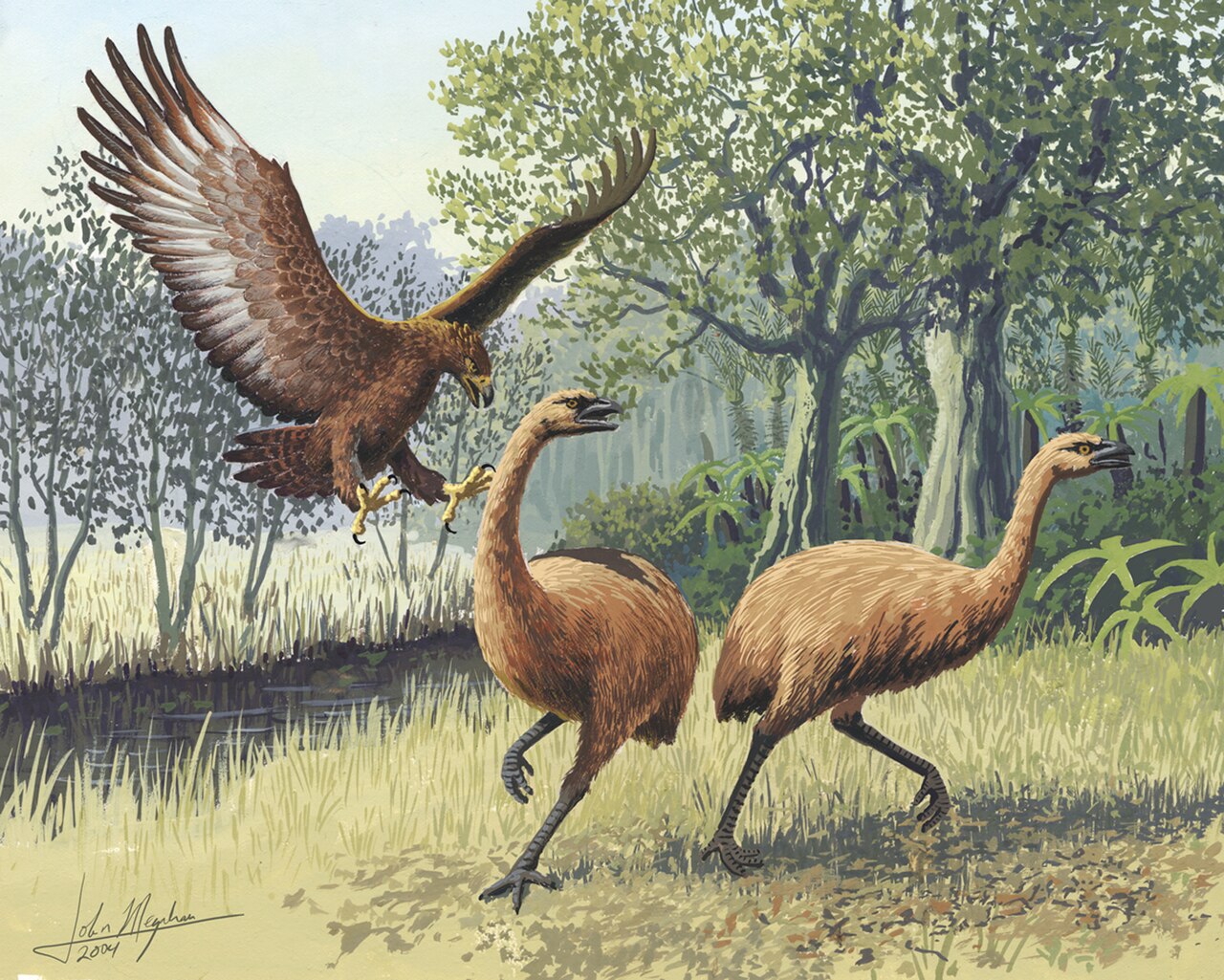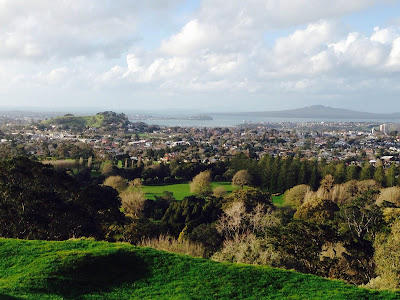In a dense morning fog, causing nearby skyscrapers to seemingly puncture through the low-hanging clouds, I boarded. "So early for a Saturday," I thought as my exhaled breath quickly condensed and appropriately matched the haziness in my head. Yet I knew the fresh air, an amalgam of salty sea breeze and dewy mist, would quickly sweep out my drowsy cobwebs. The ferry pushed away from the wharf, sputtering and rumbling at first, yet nearly motionless while water churned beneath, unseen. Imperceptible and continual acceleration finally brought the boat up to cruising speed. Astern, the city center receded while its sprawl became apparent: bridges teemed with the low thrum of traffic, cliffs crammed with million dollar homes rose along the shore, and volcanoes reached their green fists into the air, searching for the few patches of rising sunlight the fog would allow. Away from the hubbub, the journey soon became soothing as the boat dandled in mild harbor waves. The island called Rangitoto rose before me, dark and immense. Its thick tropical forest concealed the lava rock fields I knew covered the island, half a millennium old remnants of an eruption. The intrigue of exploring this deposed and desolate force of nature stirred my impatience. Moments later as the ferry approached its destination, dichotomous thoughts bounced around my now clearing mind.
* * *
Man seems driven by inherent contradictions: 1) progress, the pursuit of a greater self brought on by conscious thought; and 2) instinct, a deeply woven base layer of human fabric.
Progress is long term. On a personal level, it's careers, shiny new things signifying status (level up!), and striving toward leaving a mark on history. For humankind, it's improving life, building structures that touch the heavens and machines that can bend nature to our will; it's creating the best humankind there can be.
Progress is thinking then doing.
Instinct is short term. It's the next meal, best shelter, and survival. It's not about making history, it's about never being history. It's also a oneness with nature, hearkening back to when human settings were not something created, but merely dwelt in.
Instinct is feeling then doing.
Instinct is feeling then doing.
Progress gives us this,
and this,
and these,
 |
| Pluto from NASA's New Horizons mission. Note: this is not Auckland, could you tell? |
and this,
 |
| Countless places to live and eat and be in comfort. |
and these,
 |
| #2 wins out in my personal beer-snob opinion. |
and I guess even this?
 |
| I love this sign. You'd think |
 |
| Green and looming clouds and heights. |
 |
| Lava fields. A desolate reminder of the destructive force of nature. |
 |
| Lava caves, cool and damp and only slightly treacherous. Cheers to Maggie for the great photos! |
To sum, these two propulsive forces are contradictory, but also complement each other. The changes we humans have made to our surroundings are constantly taken for granted (look how I'm communicating with people everywhere just by clacking my fingers against some plastic, incredible!). Perhaps, then, progress is best appreciated from afar, or within the context of the nature that has molded and still stimulates our instincts.
 |
| Bustling and lost up close, beautiful at a distance. |


















